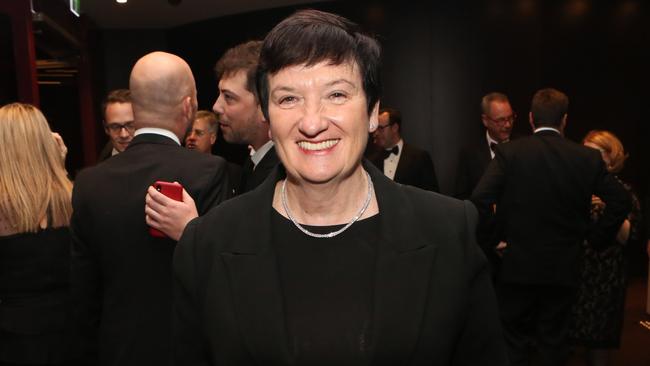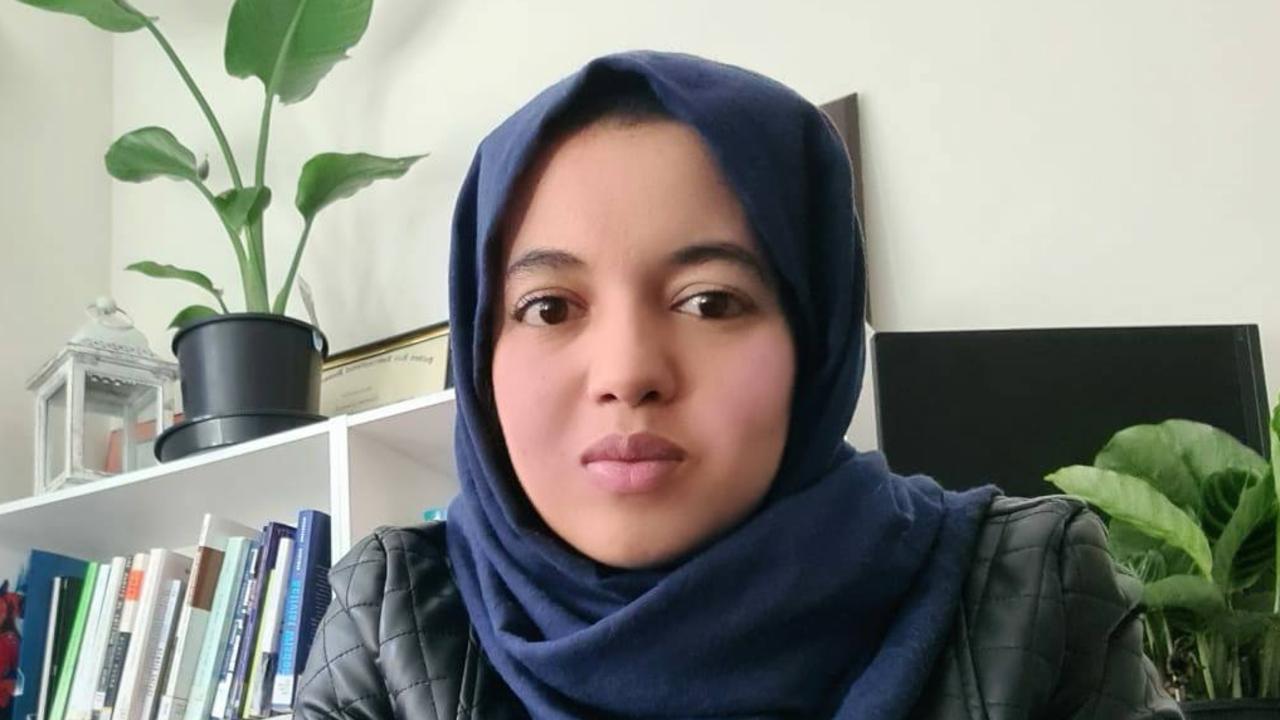Higher education, TAFE: panel to set terms for Labor inquiry
Educators, business and unions will meet in Canberra to discuss terms of reference for Labor’s planned inquiry.

The Labor Party will bring together educators, business and unions in two weeks to set the terms of reference for the sweeping inquiry into post-secondary education it has promised to launch if it wins the next federal election.
Labor will convene a 14-member panel at Parliament House in Canberra on June 19, National TAFE Day, to establish the terms of reference for what it says will be a “once in a generation” review.
Labor education spokeswoman Tanya Plibersek said it would be the first time a national inquiry had put TAFE colleges and universities on an equal footing. “Labor wants prospective students to see TAFE and uni as equally attractive study options,” she said.
Business Council of Australia chief executive Jennifer Westacott and Australian Chamber of Commerce and Industry chief executive James Pearson will represent business employers on the panel. Ms Westacott, in particular, has been a vocal advocate for a revamp of tertiary education, calling for a unified approach to assisting students, regardless of whether they are enrolled in higher education or vocational education courses.
The major review promised by Labor represents a full circle for the party, which launched the demand-driven system for university funding nearly 10 years ago. This led to a rapid rise in university enrolments, because limits had been removed on the number of government-subsidised bachelor degree students universities could enrol.
However, over the same period vocational education has suffered a lack of government funding and most vocational students have to pay upfront fees to study. They don’t benefit from the HECS-HELP loans available to university bachelor degree students, who pay nothing upfront. As a result, vocational education numbers have lagged.
Three unionists will be on the panel — ACTU secretary Sally McManus, National Tertiary Education Union president Jeannie Rea and Australian Education Union TAFE division secretary Pat Forward.
Universities will be represented by new Universities Australia chief executive Catriona Jackson and TAFE by TAFE Directors Australia chairwoman Mary Faraone and chief executive Craig Robertson. Rod Camm, chief executive of the Australian Council of Private Education and Training, will represent private vocational education providers.
Other members of the panel are former University of Technology Sydney vice-chancellor Ross Milbourne, higher education policy expert Mark Warburton, head of the Brotherhood of St Laurence policy and research centre Shelley Mallett, education policy expert Don Zoellner and former Labor deputy PM Brian Howe.
Labor has placed no boundaries around the inquiry, saying it will look at every aspect of the vocational and higher education systems. This means the inquiry can range widely, from the funding system for tertiary education (which involves the states because of their responsibility for VET) to the ability of educational institutions to give young people the skills they will need for jobs in an increasingly automated economy.
It will also need to look at how to offer people the chance to continuously upgrade their skills throughout their working life.
The review has the potential to split universities, many of which have used the demand-driven system to expand courses offering vocational type skills in areas including business, hospitality and tourism at the expense of TAFEs and vocational colleges.
Many universities fear that more funding for TAFE will mean less for universities. However the research-focused Group of Eight universities have got ahead of the inquiry, telling a Senate committee this week that “TAFE must be returned to a position of value … not treated as a lesser education stream” and that there was “too much pressure on students that they must attend a university”.



